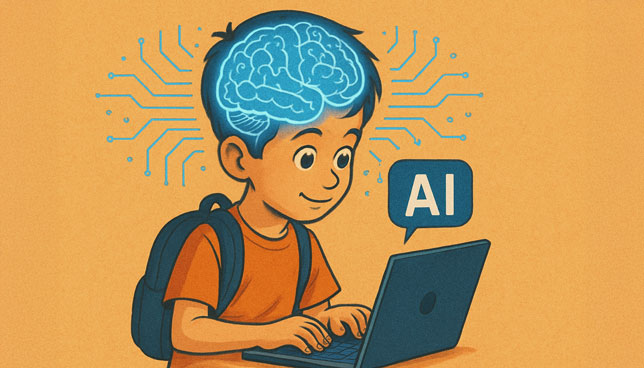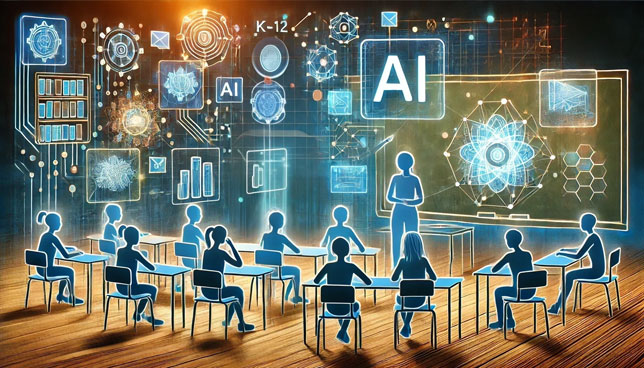
A reflection on designing learning experiences where technology supports instruction rather than defines it.

Many education institutions have a troubling gap in AI security: AI systems affecting students, including minors, deployed without adversarial testing to identify vulnerabilities before attackers or unintended behaviors cause harm.

Just as sedentary lifestyles have reshaped our physical health, our dependence on AI, algorithms, and digital tools is reshaping how we think, and the effects aren't always positive.

Today's most forward-thinking schools are using gaming as a platform to train students for real-world roles in fields like aviation, robotics, remote operations, and data center management.

The complexity of today’s IT network infrastructure and increased cybersecurity risk are quickly moving beyond many school districts’ ability to manage on their own. But a new technology model, a partnership with a managed services provider, offers a way forward for schools to overcome these challenges.

As a fifth-grade teacher and AI School Champion in the St. Vrain Valley School District, I've seen firsthand how artificial intelligence (AI) is transforming education. Here are five AI-enabled tools I've found especially powerful in my classroom and professional practice.

For women in the landscape of technology leadership, the first year is both a proving ground and a powerful platform. It's a year of listening deeply, learning quickly, leading boldly, and paving the way for others.

Classrooms will always be places where students build relationships, develop critical thinking skills, and grow into who they’re going to be as adults and citizens. Technology should be a tool to support these goals.

AI has tremendous potential to do good in education while honoring and upholding the essential role of teachers. However, its success will depend on how we choose to use it.

When AI is deployed responsibly and equitably, the potential advantages of empowering more personalized learning, optimizing student engagement, uncovering gaps in education, automating routine tasks, and freeing up more time for effective teacher-student interactions have the power to transform education.